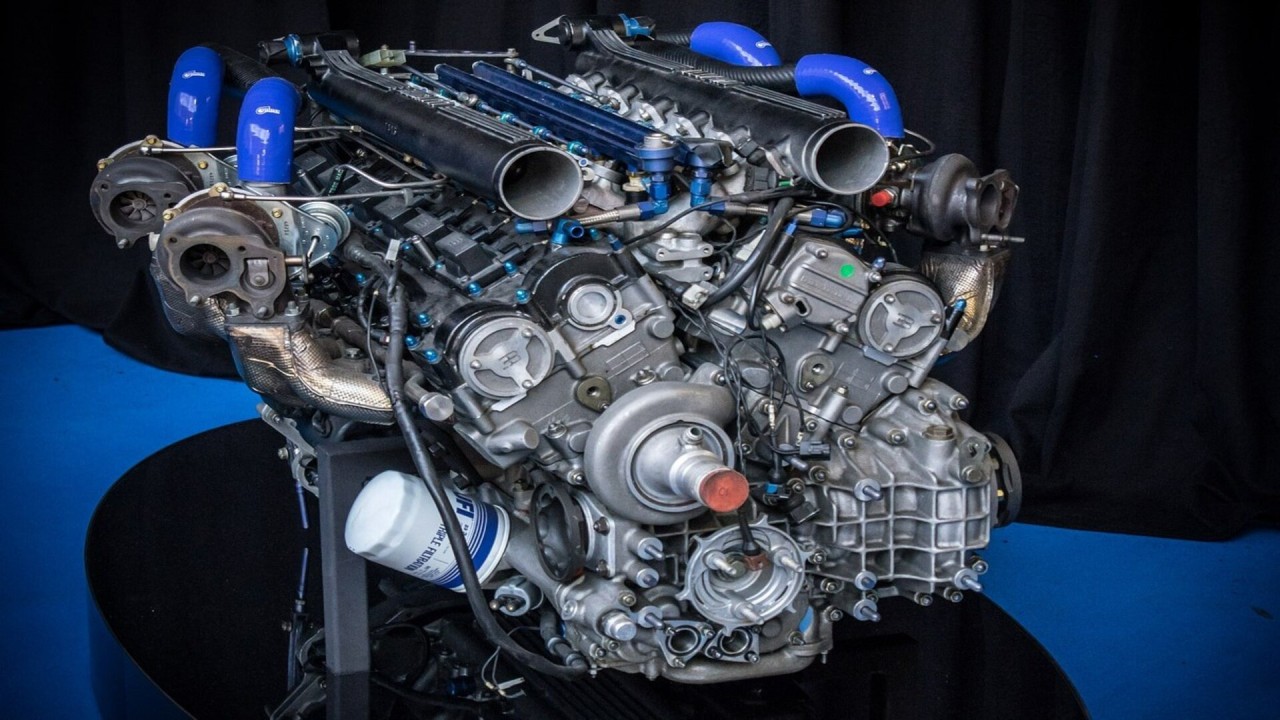Check Out High Quality Options with Engines For Africa's Supply
Check Out High Quality Options with Engines For Africa's Supply
Blog Article
A Full Overview to Selecting the Right Engine for Your Project
Choosing the appropriate engine for your project is an essential decision that can substantially impact its overall success. It is important to diligently define your project requires, examine performance demands, and think about user-friendliness along with various other crucial factors. Furthermore, comprehending the area support offered and looking at expense effects can even more refine your selection. Each of these elements plays a pivotal role in making sure that your chosen engine not just meets prompt purposes however likewise lines up with long-term aspirations. As we discover these factors to consider, you may find that the nuances of each facet disclose more than originally anticipated.
Define Your Project Needs
Defining your project needs is a vital action in choosing the proper engine for effective implementation. An extensive understanding of your task's purposes will assist you in determining the abilities and functions called for from an engine. Begin by laying out the extent of your task, including the wanted performance, target market, and the details results you aim to accomplish.
Following, think about the technological demands that straighten with your job goals. This includes examining the compatibility of the engine with existing systems, as well as the programming languages and frameworks that will be made use of. Additionally, analyze the degree of scalability called for to suit future growth or changes in demand.
Spending plan restraints also play a crucial duty in defining your project requires. Establish a clear economic framework to assist your decision-making procedure, ensuring that the engine selected fits within your budget plan while offering the essential functionality.
Evaluate Performance Needs

Following, take into consideration the scalability of the engine. Evaluate whether it can take care of enhanced work as your task expands. Engines that support horizontal scaling are usually more effective for larger applications. Additionally, evaluate the engine's efficiency under different conditions, such as peak usage circumstances, to guarantee it meets your dependability requirements.
Consider Ease of Usage
While technical specs are crucial, the convenience of usage of an engine can substantially affect the growth procedure and total project success. An intuitive user interface, clear documents, and structured workflows can considerably reduce the discovering curve for programmers, enabling them to concentrate on imagination and analytic instead of facing facility devices.
When examining an engine's ease of use, think about the onboarding experience. A well-structured intro, complete with tutorials and sample projects, can assist in a smoother shift for new customers. In addition, the clarity and comprehensiveness of the engine's paperwork play a critical role; extensive guides and API referrals can equip programmers to troubleshoot and execute attributes effectively.
One more element to consider is the engine's personalization abilities. An engine that allows for very easy modifications can be more easy to use, as developers can tailor it to fit their particular demands without extensive hassle. Lastly, evaluate the operations integration with tools and systems you currently utilize. A natural ecosystem can enhance performance and reduce friction during the growth process. Inevitably, choosing an engine that prioritizes ease of usage can cause a much more pleasurable and effective advancement experience.
Assess Neighborhood and Assistance
The toughness of an engine's community and assistance network can considerably influence a programmer's experience and success. When evaluating an engine, take into consideration the dimension and task level of its area.
Moreover, evaluate the schedule of official assistance networks. Trusted documents, receptive customer assistance, and regular updates are essential for resolving technological concerns and keeping your project on track. Engines For Africa. Active neighborhoods additionally foster collaboration, providing possibilities for networking and comments, which can be very useful, especially for small teams or independent designers
Furthermore, explore the visibility of community-run occasions, such as hackathons or meetups. These gatherings can enhance your understanding look here of the engine while connecting you with possible partners and skilled individuals. In summary, a robust area and support system not just enhance advancement but likewise create an atmosphere for discovering and advancement, inevitably boosting the find this chance of your job's success.
Compare Price and Licensing Choices
Budget factors to consider play an essential role in picking the best engine for your task, as the expense and licensing options can dramatically affect both short-term expenditures and long-term viability. Engines For Africa. Various engines use differing pricing frameworks, which can consist of one-time acquisition charges, membership models, or revenue-sharing agreements based on your task's revenues

Accrediting options likewise differ dramatically. Some engines are open-source, supplying flexibility and community-driven assistance, while others might need proprietary licenses that limit use and distribution. Comprehending the ramifications of each licensing design is essential, as it impacts ownership legal rights, future scalability, and prospective legal obligations.
Verdict
To conclude, choosing the proper engine for a job necessitates a complete webpage evaluation of defined project needs, efficiency needs, ease of use, neighborhood support, and expense factors to consider. By systematically addressing these crucial elements, decision-makers can guarantee positioning with both existing and future project demands. An educated choice ultimately boosts the likelihood of project success, allowing efficient source allocation and maximizing potential results within the defined budgetary constraints.
Choosing the suitable engine for your project is a vital decision that can considerably affect its total success.Specifying your task needs is a critical step in choosing the ideal engine for successful execution. A comprehensive understanding of your project's objectives will assist you in recognizing the capacities and functions called for from an engine.When you have a clear understanding of your task requires, the following step is to examine the efficiency requirements of the engine.In conclusion, selecting the suitable engine for a task requires a detailed assessment of defined task demands, performance needs, ease of use, area assistance, and cost considerations.
Report this page